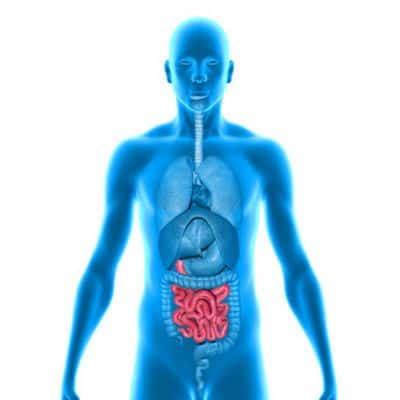
Ascaris Lumbricoides – Ascaris lumbricoides, also known as roundworm, is a very common gastrointestinal worm infection. Poor-hygiene is a significant contributing factor to contracting roundworms. This worm is found in contaminated water, vegetables and fruits. Symptoms for roundworm include reduced pancreatic and liver functions, colic, cough and diarrhea. Many patients with a roundworm also have nutritional deficiencies.
Helicobacter pylori – This occurs when the H.pyolori bacteria infects your stomach. It lives in the stomach lining and is responsible for over 90 percent of the ulcers, acid reflux and upper GI problems, including stomach cancer.
Toxoplasma Gondii – This tissue parasite is often present in contaminated food, under-cooked meats and cat feces. If you have this parasite in the gastrointestinal tract, you may have cognitive disorders, stress intolerance, insomnia and depression. Additionally, brain cysts and muscle cysts are common with this parasite.
Taenia Solium – Taenia Solium is a tapeworm often found in undercooked pork. Symptoms include blurry vision, headaches and seizures. This parasite may cause abdominal discomfort, skeletal, muscle cyst, and brain cysts that may cause a decline in cognitive functions.
Entamoeba Histolytica – This intestinal and tissue parasite comes from fecal to oral contamination as the result of sexual contact. This parasite may result in colon ulceration, abscesses of the lung or liver, diarrhea and perianal itching.
Trichinella Spiralis – This tissue worm happens when a patient has contact with wildlife or consuming improperly processed meat. Symptoms may include nausea, abdominal cramping and diarrhea. Other symptoms may include muscle pain, edema of the eyelids and fever.

Giardia Iamblia – This intestinal parasitic disease is the most common for travelers with chronic diarrhea. Symptoms can last for two weeks or longer.
Cryptosporidium Parvum – This parasite can cause weight loss, diarrhea and abdominal cramping. It is often found in the large intestine and stomach; however, it can also be found in the respiratory tract and pancreatic and biliary ducts.
Yeast – One of the most common reasons for gastrointestinal distress is an imbalance gut flora. When this happens, an overgrowth of Candida, or yeast, occurs. Imbalances often occur due to stress, antibiotics, bad diets and unhealthy lifestyles. Symptoms for overgrowth include headaches, fatigue, depression and mood swings.
If you have a weakened immune system or have visited an area with poor hygiene or sanitary conditions, it may help to do a gastrointestinal test. Additionally, those who are experiencing gastrointestinal woes, such as frequent or recurring diarrhea, acid reflux, and fever may also benefit from functional gastrointestinal testing.
This test can be completed in the privacy of your own home and the sample is sent to the laboratory for testing. Our functional medicine practitioners specialize in digestive disorders and gut health. They will discuss your test results and recommend treatment options.





















